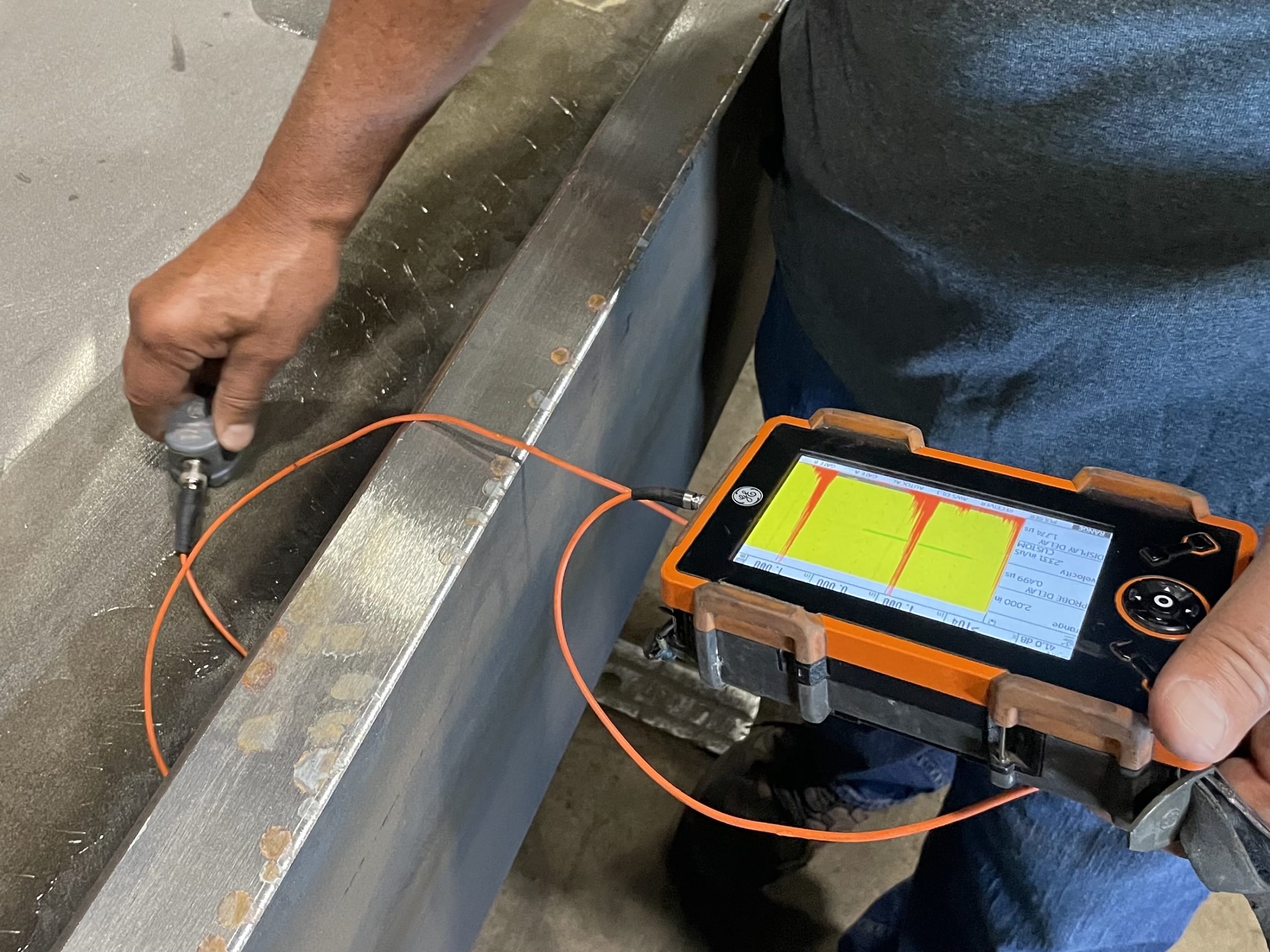In the construction and manufacturing world, the strength and reliability of structures are crucial. Structural steel and welding are central to this stability, but their importance extends beyond basic functionality. Quality Assurance (QA) is key to ensuring that both structural steel and welding processes meet stringent standards, which is vital for the safety, durability, and overall performance of construction projects. Here’s why Quality Assurance is indispensable in the structural steel and welding industry.
1. Ensuring Safety and Compliance
Safety is the top priority in construction. Structural steel supports buildings, bridges, and other critical infrastructure. Any defects in the steel or welding can lead to severe safety hazards, including structural failures that could endanger lives.
Quality Assurance ensures that all structural steel and welds meet high standards. This involves rigorous testing for strength, durability, and resistance to environmental factors. QA helps to prevent issues that could lead to dangerous failures and ensures compliance with industry regulations. By adhering to these safety standards, QA protects both people and investments.
2. Improving Longevity and Performance
The lifespan of a structure is heavily influenced by the quality of its components. Inferior steel or welding can result in rapid degradation, rust, or even collapse. Quality Assurance helps to ensure that materials and workmanship are top-notch, enhancing the structure’s longevity.
QA includes regular inspections and tests to check that steel and welds meet required specifications. By catching potential issues early, QA prevents long-term problems and reduces the need for costly repairs, thus extending the life of the structure and maintaining its performance over time.
3. Reducing Costs and Increasing Efficiency
Implementing Quality Assurance might seem like an additional expense, but it’s a smart investment that saves money in the long run. By identifying and addressing defects early, QA helps to avoid expensive rework, repairs, and legal troubles.
Additionally, a robust QA process ensures smoother project execution. This means fewer interruptions and delays, leading to faster project completion and reduced overall costs. In essence, QA streamlines operations and contributes to better cost management.
4. Building Trust and Enhancing Reputation
In the structural steel and welding industry, reputation is crucial. Companies that prioritize QA are seen as reliable and committed to quality. This reputation fosters trust with clients and stakeholders, making it easier to secure contracts and build long-term relationships.
A company known for its high QA standards is more likely to attract repeat business and new opportunities. By consistently delivering top-quality work, businesses strengthen their market position and enhance their reputation.
5. Adapting to Technological Advancements
The construction industry is evolving with new technologies and materials. Quality Assurance must keep pace with these advancements to ensure new methods and materials meet industry standards.
For example, advanced welding techniques and high-strength steel alloys are becoming more common. QA processes need to be updated to test and validate these innovations, ensuring they perform well under real-world conditions. This adaptability helps the industry embrace new technologies while maintaining safety and quality.
6. Fostering a Culture of Excellence
Quality Assurance promotes a culture of excellence within organizations. When QA is integrated into every stage of the process, it encourages a focus on continuous improvement and attention to detail among employees.
This culture of quality not only enhances the final product but also boosts team morale and professionalism. Employees become more engaged and committed to delivering their best work, which contributes to the overall success of the company.
Conclusion:
Quality Assurance is crucial in the structural steel and welding industry for several reasons. It ensures safety and compliance, enhances the durability and performance of structures, reduces costs, builds trust, adapts to new technologies, and fosters a culture of excellence. By integrating QA into every phase of the process—from material selection to final inspection—companies can deliver reliable and safe structures, contributing to their overall success. In an industry where quality is non-negotiable, investing in QA is essential for achieving the highest standards of safety and performance.


Leave a Reply